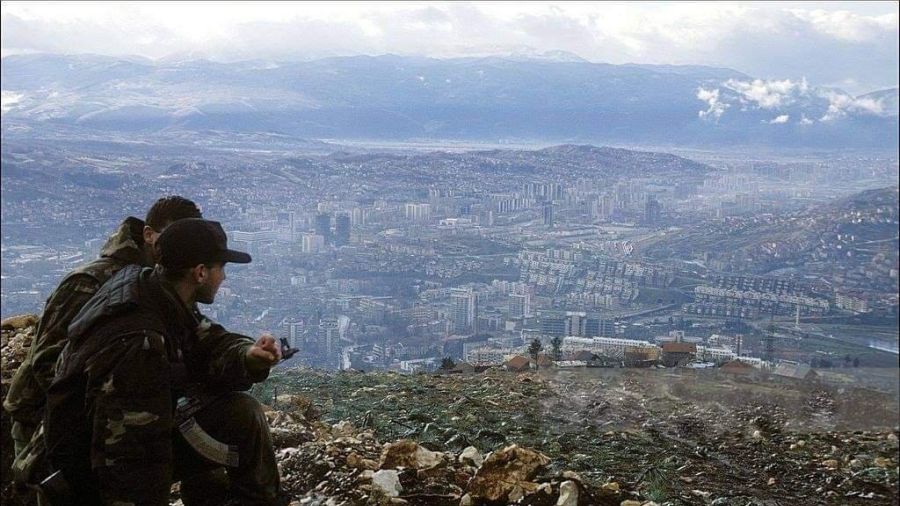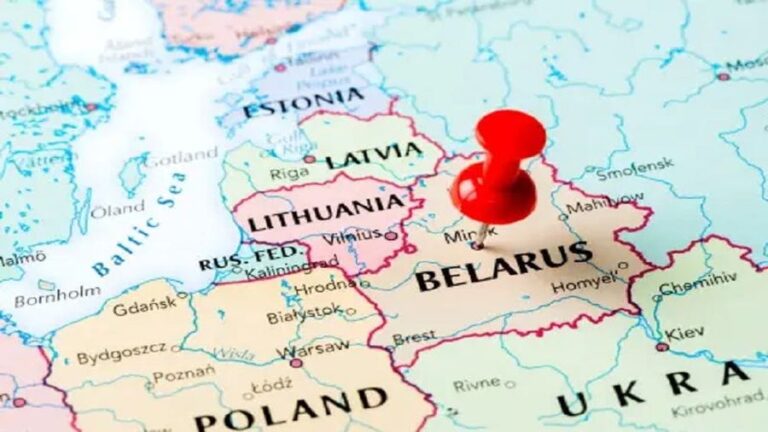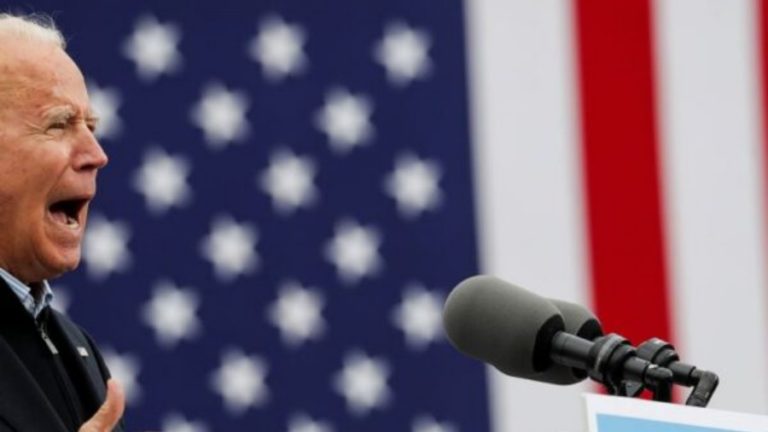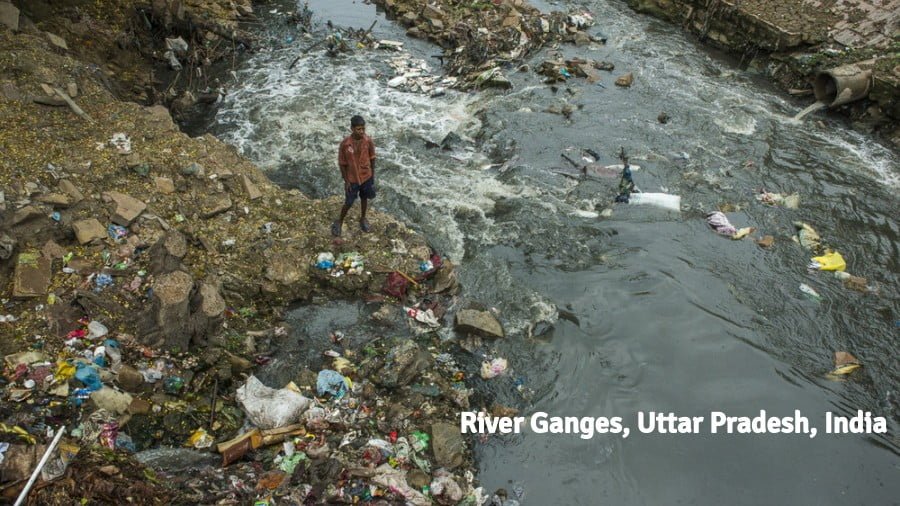Bosnia And Herzegovina: The Never-Ending Crisis of a Democracy Remotely Controlled by the EU and the United States
“Bosnia should be free of international supervision”. The words of the Russian Ambassador Vladimir Chizhov to the European Union open a new phase of the political, ethnic and social crisis in Bosnia and Herzegovina. The Russian diplomat released his statements to the Euobserver website, explaining that: “I believe the Bosnia needs to get rid of this stifling supervision once and for good. The time has come for the Office of the High Representative to become a thing of the past “.
First of all it is necessary to understand what BiH is today and how it works. The institutional set-up of Bosnia Herzegovina was developed with the Dayton Accords of 1995 to put an end to the three years of civil and ethnic war that shook the country after the dissolution of Yugoslavia.
After 26 years from the signing, the agreements signed in Dayton seem to be an unsuccessful experiment of a social and political genetic engineer. Getting the three ethnic groups to agree is practically impossible. Bosgnac (Bosnian Muslims, Serbs and Croats) coexist within an institutional container remotely controlled by the international community. A democracy remotely controlled by the European Union and the United States, with Russia always close to defending the Serbian community.
BiH is like Cerberus, the three-headed mythological monster. Bosnia and Herzegovina is made up of two territorial entities and a district belonging to both entities: Federation of Bosnia and Herzegovina, Serbian Republic of Bosnia and Herzegovina and Brčko District (composed of territories of both entities having their own administrative autonomies). The former Yugoslav republic of Bosnia and Herzegovina was in fact divided into two areas, the Croatian-Muslim Federation (51% of the territory) and the Serbian Republic (the remaining 49%).
Each of the two areas has its own system which, in the case of the first, provides for a complex hierarchy of roles and responsibilities aimed at ensuring the maintenance of good coexistence relations between the Muslim (Bosnian) and Croatian Catholic ethnic groups.
BiH is like Cerberus, the three-headed mythological monster. Bosnia and Herzegovina is made up of two territorial entities and a district belonging to both entities: Federation of Bosnia and Herzegovina, Serbian Republic of Bosnia and Herzegovina and Brčko District (composed of territories of both entities having their own administrative autonomies). The former Yugoslav republic of Bosnia and Herzegovina was in fact divided into two areas, the Croatian-Muslim Federation (51% of the territory) and the Serbian Republic (the remaining 49%).
Each of the two areas has its own system which, in the case of the first, provides for a complex hierarchy of roles and responsibilities aimed at ensuring the maintenance of good coexistence relations between the Muslim (Bosnian) and Croatian Catholic ethnic groups.
This administrative and political architecture is repeated for the central Presidency of the republic, at the top of which are three members elected by universal suffrage to represent the three ethnic groups. The three members are elected directly by the electoral body and contextually every four years; each of the three members represents one of the three constituent peoples: the Bosniaks, the Serbs and the Croats. Each member assumes the office of president of the presidency on a rotating basis for a period of eight months. Sarajevo is the capital of the country, while Banja Luka is the capital of the Skrspa Republic. But the real arbiter of fate is the High Representative for Bosnia and Herzegovina, the highest civil authority in the country, who is responsible for the duties of control, monitoring and supervision of the Dayton Agreement. The appointment of the High Commissioner is carried out by the Steering Board of the Peace Implementation Council (PIC), and is officially approved by the United Nations Security Council. The High Commissioner decides who is good or bad, can impose laws and ban magistrates, ministers and parliamentarians. In short, an absolute power that has always been exercised through diplomats who respond directly to the European Union. The Principal Deputy High Representative (PDHR) works alongside the High Commissioner. From 1995 to date, the individual filling that role has been an official of the United States Government, in most cases a career Foreign Service Officer of the U.S. Department of State.

Now Russian diplomacy (one more time) is descending alongside the Serbian Republic. Since 2008, NATO has been trying to bring BiH into its sphere of influence. Such a decision could never be accepted by Milorad Dodik, the Serbian member of the tripartite presidency.
Tensions have been growing since July of this year. Dodik announced his intention to reconstitute a Bosnian Serb army and with the transfer of Sarajevo’s exclusive powers to the Republika Srpska (RS), one of the two entities – the majority Serb one – that make up the country.
In a report for the UN, the High Representative for BiH, German diplomat Christian Schmidt warned that Bosnia is at risk of new conflicts and divisions. The possibility of another war remains, at the moment, only on paper. Indeed, it will be very difficult to heal the institutional divide between the central state and the Bosnian Serb authorities.
At the end of July 2021, just days before his term of office ended, Schmidt’s predecessor, Valentin Inzko (in office from 2009 to 2021), had imposed an amendment to the Bosnian penal code banning the denial of the Srebrenica genocide and the exaltation of war criminals. Since then, Dodik and his party have erected the barricades. First by boycotting state institutions, then by announcing the creation in Banja Luka – the de facto capital of the RS – of several parallel structures, thus taking away from Sarajevo many of the already few exclusive powers of the central state. In particular, Dodik wants to transfer the drug agency to RS, and remodel the taxation and justice systems at a local level. Finally, another law would like to withdraw the Bosnian Serbs from the central army and reconstitute that of the Republika Srpska. In addition, at the end of October, the police of Republika Srpska organized two different exercises of the special forces for the prevention of terrorism, one of which on the mountain of Jahorina, near the capital Sarajevo.

The crisis Bosnia is going through is not a bolt from the blue. It is the result of years of conflicting nationalist policies that were not eradicated with the Dayton Accords.
The responsibilities of the international community in the Bosnian quagmire have deep roots. The same peace agreements promoted by US diplomacy functioned only as a ceasefire, without guaranteeing the construction of a functional state.
Thus, today’s situation has come about, with the Serbian component of BiH aiming at the creation of its own army and calling for the cancellation of the role of the High Representative. A request supported by the Russian government.
For now the battle is only diplomatic. For the German Foreign Minister Annalena Baerbock, “the situation in Bosnia and Herzegovina is worrying, efforts to secede are unacceptable. For me, this means that the existing sanctions regime should now also be used against Mr Dodik “. A political position that is sent back from Russia. Ambassador Chizhov claims that he is not worried about the moves of Milorad Dodik:” Russia is equally concerned with what is happening in Kosovo and around it. In Bosnia, at least they are not fighting, whereas in Kosovo the situation is really precarious “. A balance that has become precarious, adds Chizhov, because there are foreign influences that are attempting “to change the nature of the Dayton balance, moving toward a more unified structure of state power, which would open the way for Bosnia to join Nato “. “But for the time being, it so happens that the Serb entity, Republika Srpska, is against Nato”.







